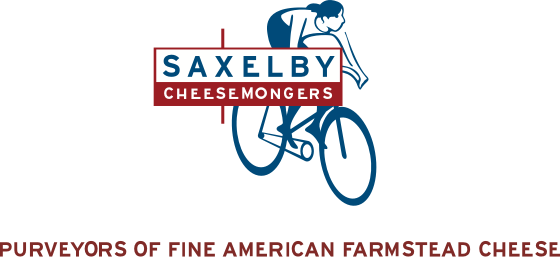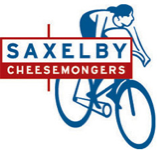The von Trapp Farmstead is a certified organic dairy and creamery located in Vermont’s scenic Mad River Valley. Now in its third generation, Sebastian von Trapp is stewarding the farm’s cheese and land to new heights of sustainability and deliciousness! The von Trapps’ commitment to their land and their animals runs deep. Sebastian and his family have made the decision to go beyond organic to practice regenerative agriculture, a method of farming that builds soil health, fosters biodiversity, improves the groundwater supply, and reverses the effects of global warming by sequestering carbon in the soil. In celebration of Earth Day and American artisan cheesemakers committed to reinventing and reinvigorating our rural landscapes, we’re doing a deep dive into the world of von Trapp Farmstead and regenerative agriculture.
The von Trapp Farmstead was founded by Sebastian’s grandparents, his ‘Oma’ and ‘Opa’ in 1959. They fled their native Austria after the second World War and were drawn to Vermont’s spectacular mountain landscape because it reminded them of home. They were not farmers by background, but taught themselves to manage a small, sustainable family dairy. Sebastian’s parents took over the farm in 1979, and though they had always farmed ‘organically’ (meaning pasturing their cows, not using antibiotics or growth hormones on their animals, and not using synthetic fertilizers or chemicals on their land) the farm gained its official organic certification in 2006. Sebastian re-joined the business in 2009 with the aim of adding value to the farm’s milk by turning it into artisan cheese.
The first cheese that they produced was called Oma, a pungent washed rind cheese in homage to Sebastian’s grandmother. Oma is still produced on the farm; it is then shipped to the Cellars at Jasper Hill Farm to be ripened, aged, and sold. Over the years, Sebastian added Mt Alice - a buttery bloomy-rind cheese, Mad River Blue - a fudgy, earthy blue cheese, and Savage - a nutty, aged Alpine-style cheese to their lineup.
If the foundation for great cheese is great milk, it follows that the foundation for great milk is an amalgam of pasture and healthy animals; and the foundation for a healthy, varied pasture is the soil and its microbiome. The von Trapps are dedicated to these ideals, and use the basic tenets of regenerative agriculture to make their farm a holistic and sustainable farming system whose delicious byproduct is cheese!

Sebastian says that while organic is a wonderful system, it focuses more on what one cannot do. Ultimately organic farming is playing defense against the behemoths that are ‘Big Ag’. Organic principles say you cannot use synthetic fertilizers (essentially toxic chemicals), you cannot keep animals indoors all the time, and that you cannot use growth hormones and antibiotics. Regenerative agriculture takes organic one step further by saying what you can do; it is playing offense for planet Earth to harness the power of agriculture to improve soils and biodiversity.
So - what are the tenets of regenerative agriculture?
- Minimal to no tilling or plowing the land.
- Increase soil fertility by application of manure, compost, and rotation of cover crops.
- Stimulate plant growth and carbon sequestration with well managed grazing practices.
- Build biological ecosystem diversity.
In sum, when you eat the von Trapp’s cheese, you are voting with your dollars and with your cheese knives for small farms, rural economies, and planet Earth too! Who knew that eating cheese could be such a delicious and virtuous proposition?!
Click here to shop von Trapp Farmstead Cheese

